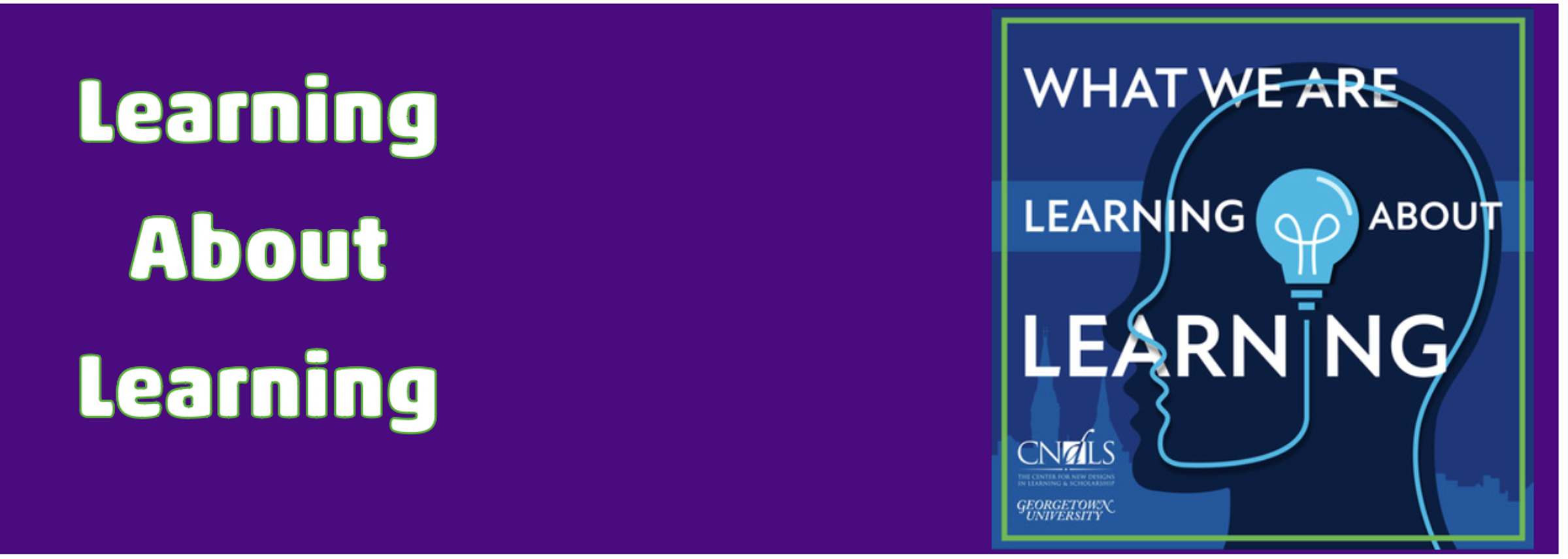Learning About Learning:

Written by Pranav Mehta
Learn Faster Than 98% Of People
Introduction
One valuable skill to master is the ability to learn anything fast.
In the age of AI, where information is accessible at your fingertips, being a lifelong learner can give you an edge.
It’s hard to be in the top 1%, but we don’t need to be in the top 1% in all the fields; just one or two are enough. In all the other areas, we want to be decent enough to get the job done. The methods and techniques below can help you become decent enough in record-breaking time.
The techniques below are slightly modified versions that I have developed over the years and that have worked effectively for me.
Techniques for Rapid Learning
1. Feynman technique:
Richard Feynman developed this to learn any concept, no matter how hard or complex it is.
Ask an AI to explain a concept. Then, explain that same concept back to the AI in your own words, keeping it concise. Just a couple of sentences are enough. The AI will correct any mistakes, which enhances your clarity and retention.
2. Pare to Principle:
Also known as the 80/20 rule, it states that 80% of outcomes result from 20% of causes.
If you master 20% of any topic or subject, you will have an 80% use case.
For instance, 20% of the syntax makes up 80% of the practical use case in programming languages.
3. Set Unrealistic Timelines:
Instead of planning to learn Python over a few months, challenge yourself to master it in one week.
You will most likely not be able to complete what you aimed for but you will learn much more than if you had set a target of two months. Plus, it is also easier to be consistent for a shorter period.
4. Spaced Repetition:
The next time you find yourself forgetting the names of celebrities, movies, places, or literally any other information, try to reflect on it. The reason we don't remember something is that we haven’t used that information in our minds for so long.
Reviewing information at increasing intervals can increase retention and help reinforce your memory.
5. Cheatsheets:
Create cheat sheets for quick revision or reference when needed. This can save time and reinforce learning.
There are many cheat sheet templates out there. Be concise; you are creating a cheat sheet, not taking notes. Create it yourself while learning.
6. Metacognition:
Metacognition is thinking about our thinking. There are a lot of mental models out there that can help you think in a way that can increase your learning abilities. If you are still reading, then let me know in the comment if you want me to write a detailed story on metacognition.
Conclusion:
Mastering the art of learning quickly can set you apart in any field. Applying these techniques allows you to become a pro in record time and stay ahead of the curve.
